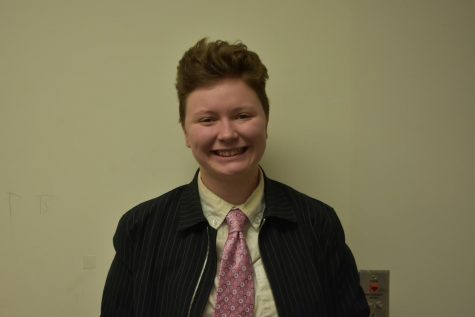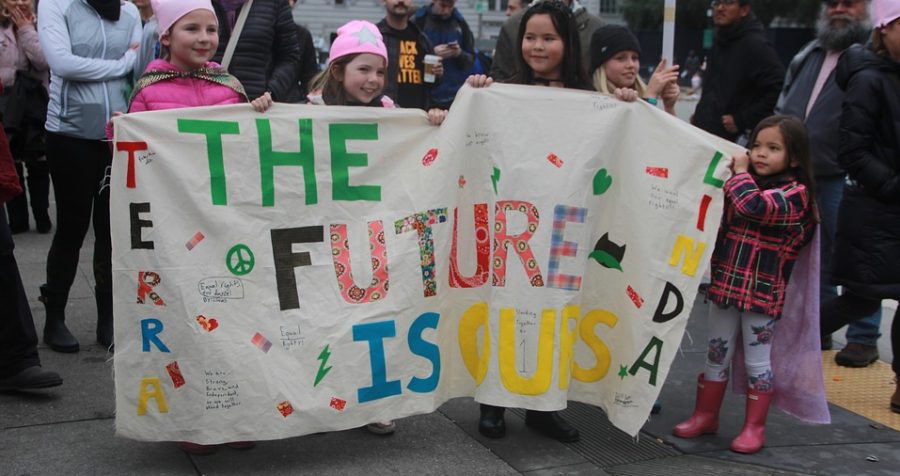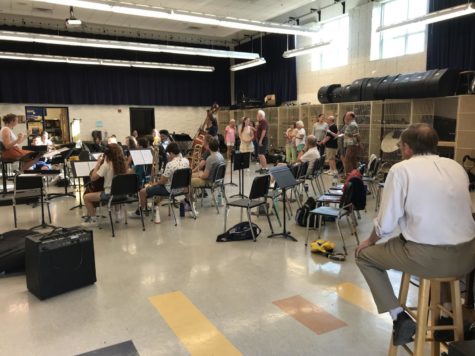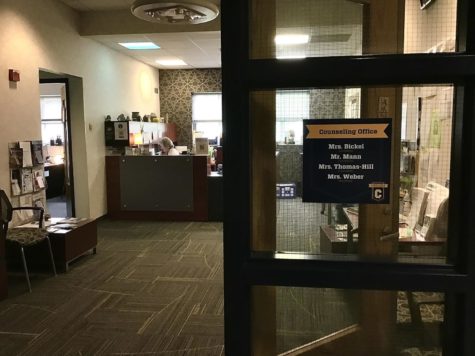What is Brett Kavanaugh’s Case Telling Us?
With the Brett Kavanaugh sexual assault accusations unfolding in their entirety, it feels like all of America is watching. Hopefully they are, because this is an event that will affect the entire nation, regardless the outcome. But there’s one group in particular that’s paying extra attention: teenage girls.
Dr. Christine Blasey Ford’s story from when she was just fifteen, the same age as many of our peers and classmates, rings loud and clear to teenage girls and women, and maybe uncomfortably familiar. Sexual assault isn’t uncommon among teenagers, but it’s hard to talk about, and even harder to come forward publically and name who did it. We, the teenage girls throughout the nation, are watching in real time what happens, especially when our attacker has power.
We are called liars. We are mocked. We are blamed. And even if it’s true, there is always an excuse.
People have thrown around the fact that Kavanaugh was only a teenager when he did it. But is that what we need to hear? Is that what victims need to hear? Wasn’t she just a teenager too? In the moments of the assault, he made a life-long decision for her. He made the decision that she would live the rest of her life with this mental and physical trauma. That means he must be held accountable for just as long. “Boys will be boys” just tells us that boys will be excused, regardless of the harm they cause. It tells girls to expect this, but to never expect consequences for him.
Victims are hearing this, and victims are watching this. How many are reliving their own experiences, their own trauma that was erased and ignored? How many are “just teenagers,” like Ford was? How many girls are doing that right now, in Chelsea?
Being a small town, Chelsea isn’t somewhere where a lot of people feel open talking about sexual violence. The topic feels taboo in most situations, and is rarely spoken about. It can be hard for victims to find a voice, or even just a safe place. It can feel suffocating with no options, and nowhere to turn. In a lot of situations, teenagers feel like their parents, or other people they look up to and seek help from, are the last people they want to know. Some teenage girls in small towns like ours’ only education on topics like this comes from the media, especially well-known cases like this.
What they’re hearing is that it’s excusable if he was drunk. What they’re hearing is he was young, and it was just a mistake. What all of us teenage girls are hearing is that our pain isn’t worth a man’s reputation.
Kavanaugh’s appointment is no longer political. It’s moral. What are you telling girls and women about rape and sexual violence? What are you telling these victims? As we are learning far too quickly, a woman’s horror is a question, and a man’s denial is a truth. Listen to what you’re saying. Remember that you aren’t just talking to Dr. Ford. You are talking to all of us.
Your donation will support the student journalists of Chelsea High School. Your contribution will allow us to purchase equipment, cover our annual website hosting costs, and write more stories for you to read!

Matty's the “Cool Editor” and has been with the paper since her freshman year. She’s a senior who is too funny for her own good and spends almost...






Hailey Castleberry • Oct 22, 2018 at 8:54 pm
With the Ford case pushed to the side, and Kavanaugh in the Supreme Court, the relevance of this article is at a new high. I think it is really important to note everything that both testimony’s had shown and the effect this all will have on everyone watching. I try to generally stay in between left and right with many topics, but when it come sexual assault, it just infuriates me they didn’t put more work to prove whether it happened or not. Even more-so, I have people of all genders now make fun of victims of sexual assault, claiming “It doesn’t make sense to make a fuss when it happened so long ago.” When people very dear to me have been sexually assaulted and still deal with the trauma to this day, of course I think, “Oh, well it was so long ago. Get over it.” No. America needs to start taking these allegations seriously, or neither side will ever be believed.
Anonymous • Oct 12, 2018 at 12:43 pm
I feel like i need to highlight the 7th paragraph. I have neither heard or seen anything to suggest that anything he may have done is even remotely excusable. He will be held accountable for his actions should credible proof come up that he did, in fact, sexually assault Blasey Ford.
mac • Oct 11, 2018 at 7:34 pm
Maddie this is amazing!!!